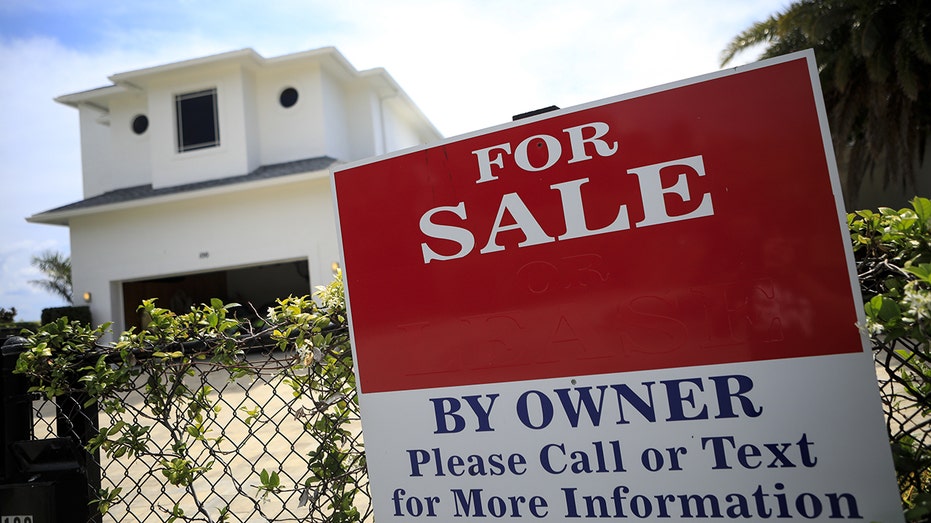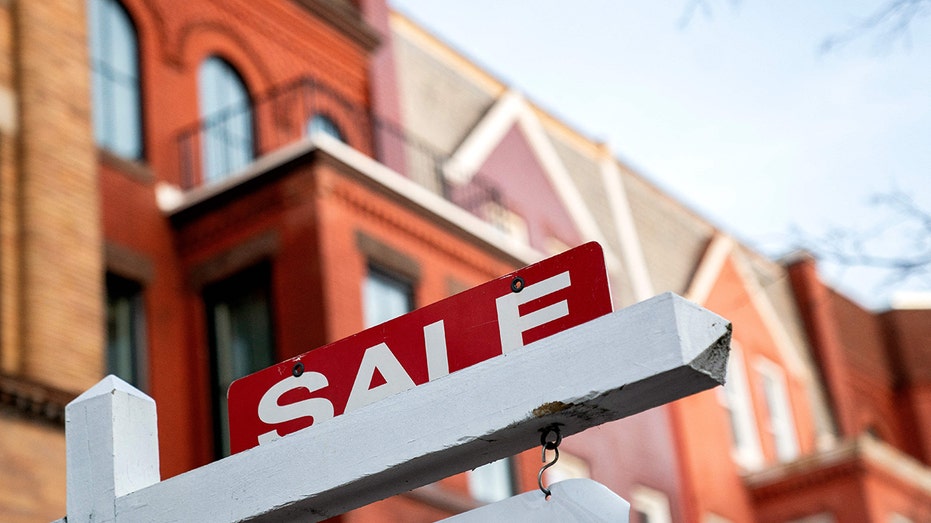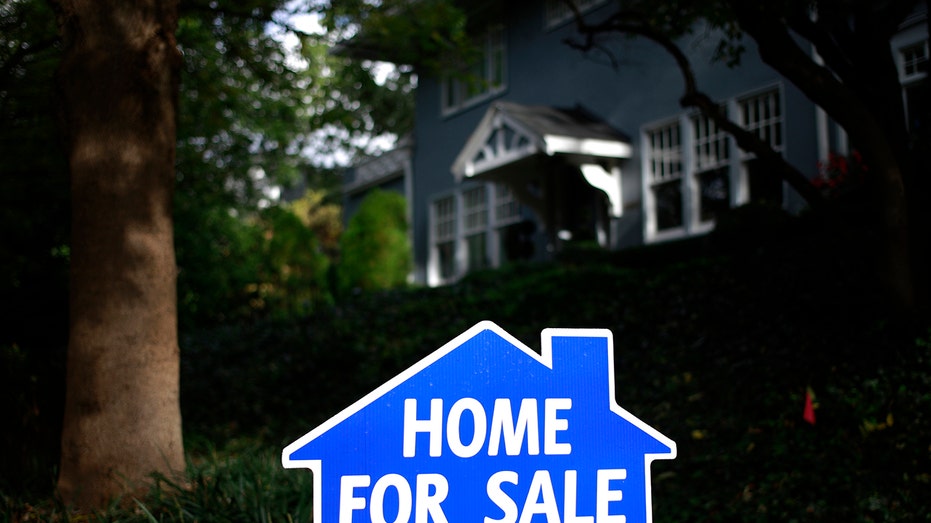Decade-high mortgage rates pose threat to Spring housing market
Mortgage rates are rising at their fastest pace in 35 years
Experts forecast low housing supply through 2024
Macro Trends Advisors founding partner Mitch Roschelle discusses the housing market amid rising inflation and home builders starting to favor selling to investors.
U.S. housing sales are heating up again this spring, but the highest mortgage rates in more than a decade threaten to cool the sales pace that has gripped the market for nearly two years.
Home sales rose last year to the highest level since 2006 as the Covid-19 pandemic changed consumers’ housing priorities and remote work enabled people to move farther from work.
While record-high home prices and record-low inventory of homes for sale have pushed many would-be buyers to the sidelines, intense demand has kept activity at historically strong levels.
Now, with borrowing rates hitting 5% for the first time since 2011, homes may be getting too expensive to keep prices rising so rapidly.
MORTGAGE RATES REACH 5% FOR FIRST TIME IN OVER A DECADE
"We’ve never seen a time where mortgage rates have risen as quickly as they have and the market hasn’t cooled off," said Ralph McLaughlin, chief economist at Kukun, a real-estate data firm. "I don’t expect the market to collapse, by any means, but certainly it’s going to go from a gangbuster market to one that hopefully looks more normal."
The spring is usually the busiest time of the year for home sales. The weather improves, and many families want to move before the start of a new school year. About 40% of annual sales take place from March through June, according to the National Association of Realtors.

A "For Sale" sign outside a house in West Palm Beach, Florida, U.S., on Wednesday, April 7, 2021. (Marco Bello/Bloomberg via Getty Images / Getty Images)
This spring is also expected to be busy compared with the winter. Many buyers have been house hunting for months or plan to return to the market after failing to find something to buy last year.
But this year seems likely to be less competitive than last spring, when homes flew off the market as buyers rushed to take advantage of ultralow interest rates.
Now mortgage rates are rising at their fastest pace in 35 years, making home purchases much more expensive than even a few months ago. The average rate on a 30-year fixed-rate mortgage climbed from 3.22% in early January to 5% as of Thursday, according to mortgage-finance giant Freddie Mac.
The increase can boost a homeowner’s monthly borrowing costs by hundreds of dollars when the cost of everything from gasoline to groceries is also jumping.
PANDEMIC-DRIVEN DEMAND FOR VACATION HOMES DROPPED IN MARCH: REPORT
A 5% rate on a $300,000 loan would create a monthly payment of about $1,610, excluding taxes and insurance, according to LendingTree Inc., an online loan information site. At 3.04%, where the average mortgage rate stood a year ago, the monthly payment would be $1,271.
Koray and Piril Guleyupoglu placed offers on 10 homes over several months before stepping back from the housing market in March. The couple, who have a 4-year-old daughter, had been looking to buy a house in northern New Jersey.
"It feels like it’s just kind of a frenzy," Mr. Guleyupoglu said. "As much as I don’t want to rent, because we really want to own our own place, I don’t think I have another choice, because I also think that everything is overpriced right now."

A For Sale sign is displayed in front of a house in Washington, DC, on March 14, 2022. (Photo by STEFANI REYNOLDS/AFP via Getty Images / Getty Images)
Less than a quarter of consumers surveyed by Fannie Mae in March said it was a good time to buy a home, down from 53% a year earlier and a record low in data going back to mid-2010.
Early signs of flagging demand are emerging around expensive coastal cities such as Los Angeles, Seattle and Boston, among the first markets to cool down, real-estate brokerage Redfin Corp. said earlier this month.
HOUSING MARKET NOT DEAD DESPITE RISING MORTGAGE RATES: PORTFOLIO MANAGER
Still, some real-estate agents say a decrease in buyer activity in the coming months would only moderately cool the market. About 25% of existing homes bought in February were bought with cash, according to NAR. And households that are moving from high-cost areas to more affordable ones might be less affected by rising mortgage rates.
"If half of our buyers got priced out of the market, we would still have eight buyers for every listing," said Nick Painz, managing broker at Re/Max Alliance in Westminster, Colo., a suburb of Denver. "The people that think it’s got to stop somewhere, I think they’re in for a rude awakening."

A "Home For Sale" sign in Louisville, Kentucky, U.S., on Tuesday, Oct. 26, 2021. Photographer: Luke Sharrett/Bloomberg via Getty Images (Luke Sharrett/Bloomberg via Getty Images / Getty Images)
Many shoppers are looking to buy before interest rates rise further. Jeanette Chalgren, who is 32 years old, started house hunting last year, hoping to buy her first house before her lease ended in March. "I didn’t want to wait too long, because I was aware that interest rates were going to go up this year," she said.
Ms. Chalgren bought her house in Robbinsdale, Minn., in February for $323,500.
GET FOX BUSINESS ON THE GO BY CLICKING HERE
Even as higher rates slow demand, it can take months for sellers to cut prices as their homes linger on the market, said Lawrence Yun, chief economist at NAR.
"The early months of the rising rates, we actually don’t see that much of a change in the buyer intensity," he said. "But inevitably there will be a reduction in the buyer pool."




















